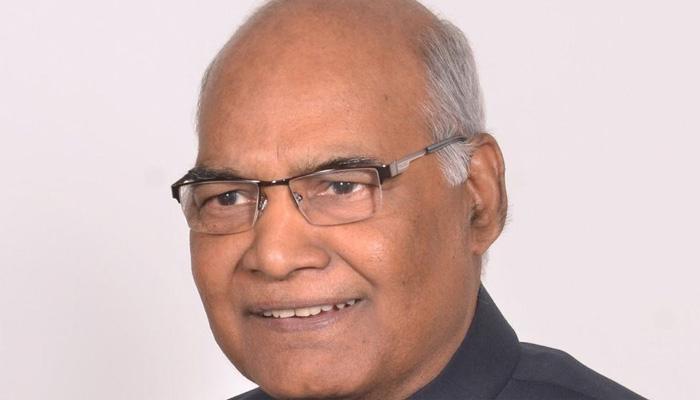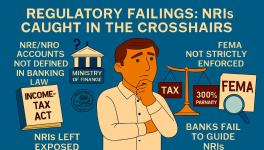New Ordinance Regulating Deposits a Concern For Normal Transactions?

Image Coutesy: IndUS Business Journal
On February 21, President Ramnath Kovind gave assent to the ‘Banning of the Unregulated Deposits Schemes, Ordinance, 2019’, significantly prohibiting all deposit-taking activities that are not regulated by existing regulators, including the Securities and Exchange Board of India (SEBI), Reserve Bank of India (RBI), among others. The BJP-led government backed its hurriedly brought new law by claiming that it would safeguard investors from falling into the traps of ponzi and fraudulent schemes, but the experts are being skeptical on various lines – the timing of its enactment and the fears regarding how it would impact the normal transactions, considering the ordinance’s language.
This Ordinance would "immediately tackle the menace of illicit deposit-taking activities", a government release said. Rather, the immediate impact has been that the new fears among the individuals, as normal transactions are set to fall in the vigilance of the regulator body, that is yet to be formed under this Ordinance. For instance, quick loan transactions between friends for purposes to meet any social or personal obligations might fall under the ban, a major concern for a large section of people.
As per the Ordinance, deposits are permitted from ‘relatives’, banks, financial institutions, property buyers, customers (extending an advance payment), and for other designated purposes. Whereas, the law’s definition of ‘relatives’ is limited up to only immediate family members.
“The ability to augment resources for meeting personal and social commitments, (or) medical and educational urgencies will dry up as no amount can be borrowed from persons other than relatives as defined under the Companies Act. The definition is restricted to only immediate family members,” The Economic Times quoted senior chartered accountant Dilip Lakhani on this matter. Lakhani added that as there is no threshold amount beyond which the deposit would be considered unregulated, “even a small amount of such deposits would technically be a violation”.
When the bill was first proposed, there were confusions that it would prohibit deposits under all chit funds and loans taken by small businesses from unrelated parties. This prompted the government’s Department of Financial Services to clarify several provisions through a series of tweets.
“Chit fund is regulated by Chit Fund Act, 1982, and is treated as Regulated Deposit as per Schedule 1 of Banning of Unregulated Deposit Ordinance, 2019,” reads one tweet.
On the last day of the budget session, the Lok Sabha passed a bill to this effect by a voice-vote, but the legislation was not approved by the Rajya Sabha.
“It’s unclear what’s the new mischief that they (the government) are trying to deal with, and why it warranted an ordinance. Many bona fide transactions, particularly for SMEs (Small and Medium Enterprises), would be impacted due to the sweeping nature of the provisions,” stated Jayesh H of law firm Juris Corp.
Get the latest reports & analysis with people's perspective on Protests, movements & deep analytical videos, discussions of the current affairs in your Telegram app. Subscribe to NewsClick's Telegram channel & get Real-Time updates on stories, as they get published on our website.
























